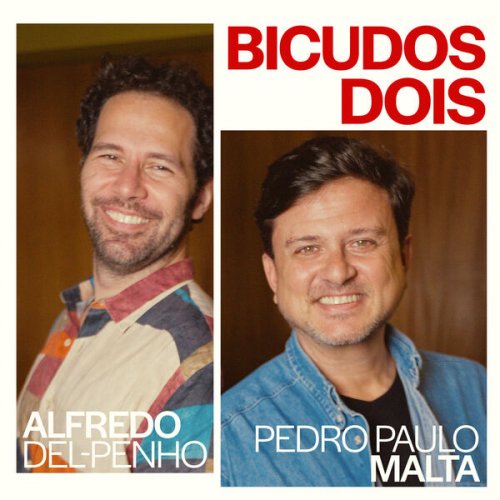Bruno Procopio - C.P.E. Bach: Württemberg Sonatas Wq. 49 (2015) [Hi-Res]
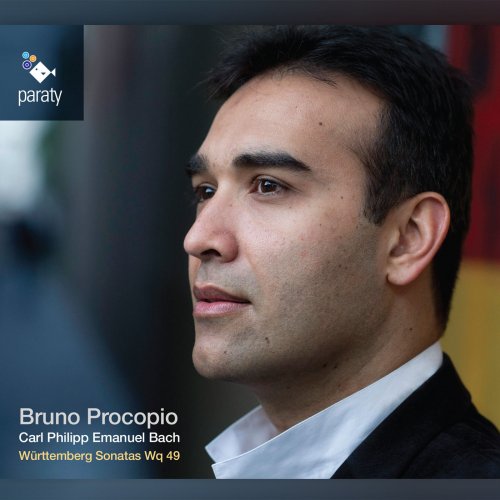
Artist: Bruno Procopio
Title: C.P.E. Bach: Württemberg Sonatas Wq. 49
Year Of Release: 2015
Label: Paraty Productions
Genre: Classical
Quality: flac lossless / flac 24bits - 88.2kHz +Booklet
Total Time: 01:30:55
Total Size: 620 mb / 1.91 gb
WebSite: Album Preview
TracklistTitle: C.P.E. Bach: Württemberg Sonatas Wq. 49
Year Of Release: 2015
Label: Paraty Productions
Genre: Classical
Quality: flac lossless / flac 24bits - 88.2kHz +Booklet
Total Time: 01:30:55
Total Size: 620 mb / 1.91 gb
WebSite: Album Preview
CD1
01. Sonata Württemberg No. 1 in A Minor, Wq. 49/1, H. 30: I. Moderato
02. Sonata Württemberg No. 1 in A Minor, Wq. 49/1, H. 30: II. Andante
03. Sonata Württemberg No. 1 in A Minor, Wq. 49/1, H. 30: III. Allegro assai
04. Sonata Württemberg No. 2 in A Flat Major, Wq. 49/2, H. 31: I. Un poco allegro
05. Sonata Württemberg No. 2 in A Flat Major, Wq. 49/2, H. 31: II. Adagio
06. Sonata Württemberg No. 2 in A Flat Major, Wq. 49/2, H. 31: III. Allegro
07. Sonata Württemberg No. 3 in E Minor, Wq. 49/3, H. 33: I. Allegro
08. Sonata Württemberg No. 3 in E Minor, Wq. 49/3, H. 33: II. Adagio
09. Sonata Württemberg No. 3 in E Minor, Wq. 49/3, H. 33: III. Vivace
CD2
01. Sonata Württemberg No. 4 in B Flat Major, Wq. 49/4, H. 32: I. Un poco Allegro
02. Sonata Württemberg No. 4 in B Flat Major, Wq. 49/4, H. 32: II. Andante
03. Sonata Württemberg No. 4 in B Flat Major, Wq. 49/4, H. 32: III. Allegro
04. Sonata Württemberg No. 5 in E Flat Major, Wq. 49/5, H. 34: I. Allegro
05. Sonata Württemberg No. 5 in E Flat Major, Wq. 49/5, H. 34: II. Adagio
06. Sonata Württemberg No. 5 in E Flat Major, Wq. 49/5, H. 34: III. Allegro assai
07. Sonata Württemberg No. 6 in B Minor, Wq. 49/6, H. 36 : I. Moderato
08. Sonata Württemberg No. 6 in B Minor, Wq. 49/6, H. 36 : II. Adagio non molto
09. Sonata Württemberg No. 6 in B Minor, Wq. 49/6, H. 36 : III. Allegro
![Bruno Procopio - C.P.E. Bach: Württemberg Sonatas Wq. 49 (2015) [Hi-Res]](https://www.dibpic.com/uploads/posts/2020-10/1603096521_bruno-procopio-c_p_e_-bach-wurttemberg-sonatas-wq_-49-2015-back.jpg)
A musician cannot move without being moved himself; it is indispensable that he himself feel the emotions he wishes to arouse in his audience; he must make them understand his own sensitivity to them to be able to share it. (III-13)
This final quotation is emblematic of Carl Philip Emanuel Bach; clearly his viewpoint went against that of his contemporary Denis Diderot, who held that actors must make the public feel emotions they do not feel, and therefore base their art on distancing. This would have been unthinkable for Bach, for whom sincerity was essential to convince and to move.
Although Baroque music is enjoying a renaissance of popularity – it floods the record business and concert halls – it is curious to observe that it still has difficulty emancipating itself from certain received ideas. The concept of “table music”, supposedly played in the background for an inattentive prince; musical works published by the dozen for dilettantes; thousands of opera seria that we imagine as victims of the epoch’s vain ideas, and its public’s superficial taste… It has become difficult today to persuade oneself that works from the 18th century truly sought out expressive depth. All things considered, no composer is better suited to brush aside this erroneous vision than Carl Philipp Emanuel Bach.
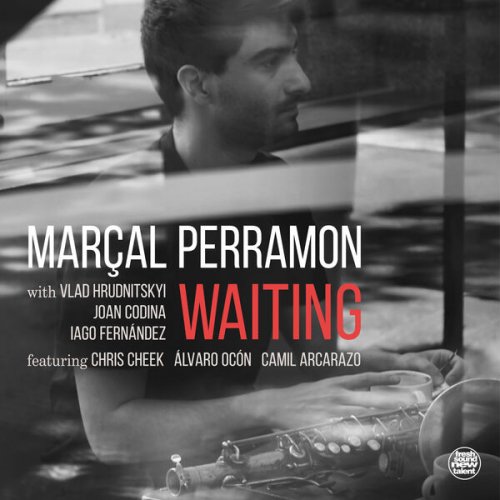
![Tim Kliphuis, Maya Fridman, Marc van Roon - Kosmos (2025) [Hi-Res] Tim Kliphuis, Maya Fridman, Marc van Roon - Kosmos (2025) [Hi-Res]](https://www.dibpic.com/uploads/posts/2025-12/1765893448_folder.jpg)
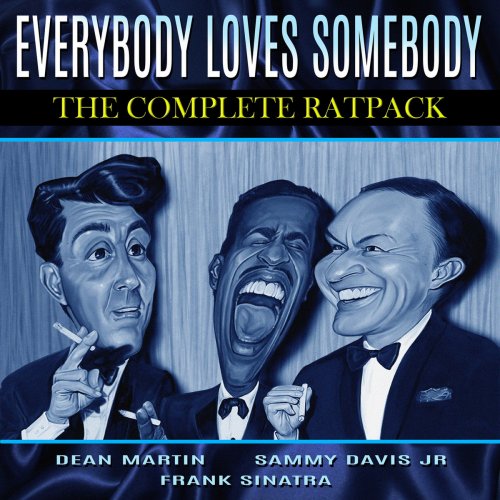
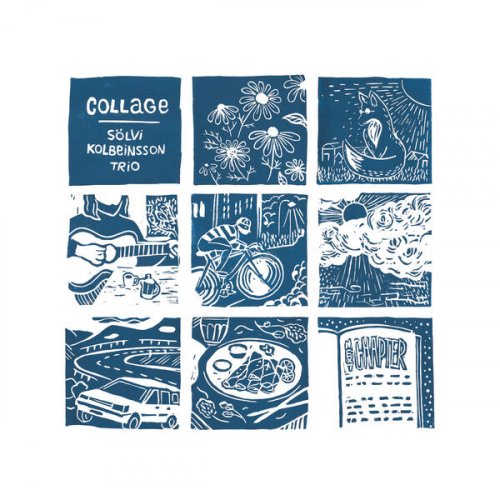

![Wadada Leo Smith - Divine Love (1979/2025) [Hi-Res] Wadada Leo Smith - Divine Love (1979/2025) [Hi-Res]](https://www.dibpic.com/uploads/posts/2025-12/1765802240_cover.jpg)


